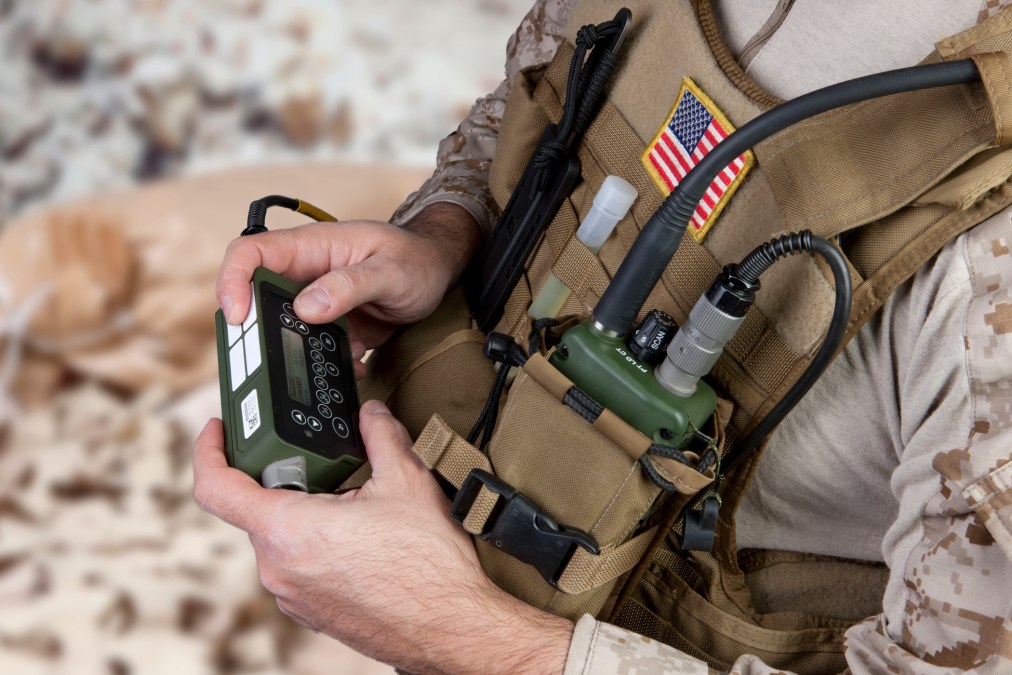Federal court denies CACI bid protest over $774M encryption tech contract

A judge at the Court of Federal Claims denied a bid protest brought by CACI after the Army decided not to award the company a $774M contract for battlefield encryption technology.
According to court documents, the Army rejected the company’s proposal because of design flaws, including not having enough USB ports, and because of concerns that the award might violate conflict of interest rules for federal acquisitions.
CACI in September last year filed an initial award protest, arguing that the department had misevaluated its proposal and applied unstated evaluation criteria.
In his ruling, judge Zachary Sommers wrote that the CACI in its arguments to court did not meet the legal bar required in order to challenge the Army’s decision.
“[CACI] failed to provide this Court with a single piece of evidence to show it did not have an [organizational conflict of interest],” the judge wrote in his opinion.
Engineers working for CACI were a part of a team that conducted initial technical analysis on the scope for the next generation communications device the Army was procuring, court documents say. Such a procurement is governed by the federal acquisition regulations, which describe biased ground rules as one of three categories of organizational conflicts of interest.
CACI was denied an award on the contract for the Next Generation Load Device Medium (NGLD-M), which is used to manage cryptographic keys and other highly sensitive data. Sierra Nevada and General Dynamics Mission Systems were instead awarded the contract.
Army appears to have rejected CACI’s proposal for design flaws and three deficiencies, including not having enough USB ports. Even one deficiency would have barred CACI from winning the award, according to the ruling.
The heart of CACI’s protest was that the Army unfairly judged its proposal and its design was not flawed. But even with sound tech, the company would have been barred from receiving an award.
“[CACI] argues that but for these errors, it would have been awarded the NGLD-M contract … because of CACI’s lower price proposal,” the judge said in his ruling.
The judge added that even if the ruling had found the Army at fault of unfairly judging CACI’s technology, the company would have been ineligible for award due to the conflicts of interest it had created by helping design the Capability Production Document in the first place.
That conflict “would disqualify CACI from being awarded a contract,” the judge wrote.
CACI did not return a request for comment before publication.






